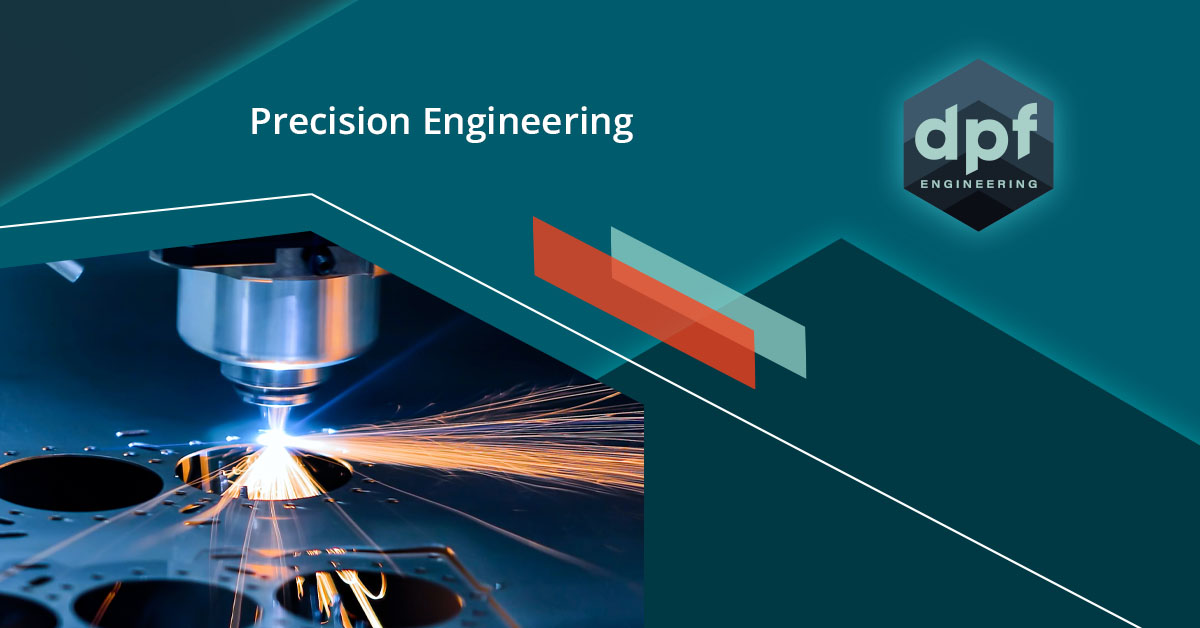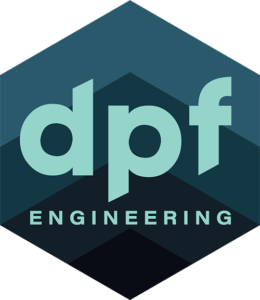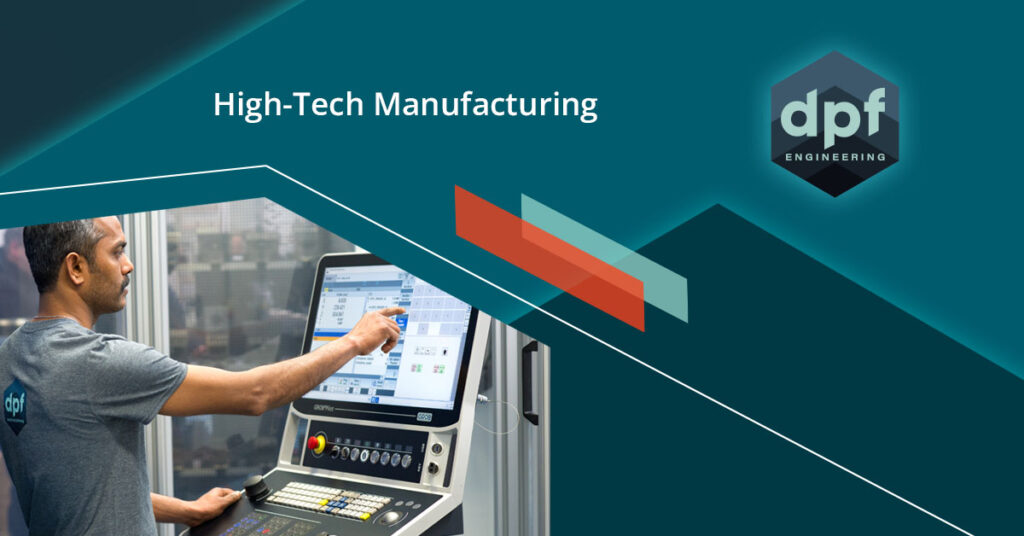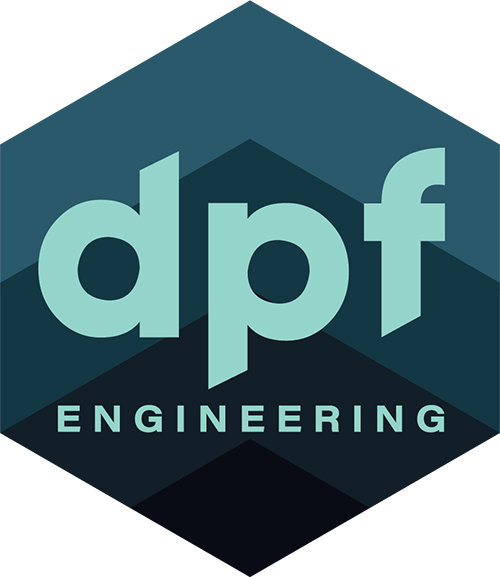
In the realm of precision engineering, where accuracy and reliability are paramount, customisation emerges as a cornerstone of innovation and excellence. From intricate machinery components to advanced medical devices, customisation drives progress and pushes technological boundaries.
Our investment into creating cutting edge solutions takes place on two fronts:
- Research, source and invest in the best equipment hardware in the market
- Ensure our staff have received the required training and develop the experience to develop custom solutions
In highly regulated markets such as Medtech, High-Tech and Aerospace, the need for more complex and bespoke solutions is paramount. In fact, 90% of our precision tooling business is ‘design to build’. There are a number of reasons why customisation is gaining in prominence.
- Tailored Solutions: Every project, whether it’s creating intricate parts for aerospace applications or developing cutting-edge medtech equipment, comes with unique and often complex requirements. The ability to customise as per client requests allows engineers to fine-tune designs and specifications to precisely meet these needs, ensuring optimal performance and functionality.
- Enhanced Performance: Precision engineering demands unparalleled performance standards. Off-the-shelf components may not always suffice in meeting these rigorous criteria. By customising designs, engineers can optimise performance parameters such as tolerance levels, material properties, and geometrical configurations. This can result in enhanced functionality, reliability, and longevity of the end product, setting it apart from generic alternatives.
- Cost Efficiency: While customisation may initially seem like an expensive endeavour, it can often lead to long-term cost savings. Off-the-shelf solutions often require modifications or supplementary components to adapt them to specific applications, increasing overall costs. Customised solutions, on the other hand, are developed with precision from the outset, minimising the need for additional adjustments or replacements down the line. This proactive approach to design and manufacturing can ultimately result in significant cost efficiencies over the product lifecycle.
- Innovation and Differentiation: Customisation fosters innovation by encouraging engineers to think outside the box and explore novel approaches to problem-solving. By pushing the boundaries of conventional design limitations, custom-engineered solutions can unlock new possibilities and drive technological advancements. Furthermore, it enables companies to differentiate their products in the market, offering unique features and capabilities that set them apart from competitors.
- Adaptability and Scalability: In rapidly evolving industries such as aerospace, automotive, and healthcare, adaptability is crucial. Customisation equips companies with the flexibility to adapt to changing market demands, technological advancements, and regulatory requirements seamlessly. In addition, custom solutions are often scalable, allowing for efficient production ramp-up or downsizing as needed, without compromising quality or performance.
- Streamlined Production Processes: Contrary to the misconception that customisation leads to complexity, tailored engineering solutions can streamline production processes. Advanced technologies such as computer-aided design (CAD), additive manufacturing, and robotic automation enable precise customisation with minimal manual intervention. By leveraging these tools effectively, companies can optimise workflows, reduce lead times, and improve overall efficiency in the manufacturing process.
- Customer Satisfaction and Loyalty: Ultimately, the end-user experience drives the success of any product. Customised solutions are designed with the end-user in mind, ensuring that they address specific pain points and deliver superior performance. This focus on customer-centricity fosters satisfaction and loyalty, as customers appreciate products that meet their exact requirements and exceed their expectations.
Adhering to strict compliance regulations and as a recipient of numerous quality standards, DPF has a proven track record over fifteen years, employing robust business and quality management systems to effectively manage bespoke requests.
As technology continues to advance and markets evolve, customisation will remain instrumental in driving progress and shaping the future of precision engineering.
Learn more about what makes DPF unique in delivering world-class bespoke engineering solutions for clients all over the world.




